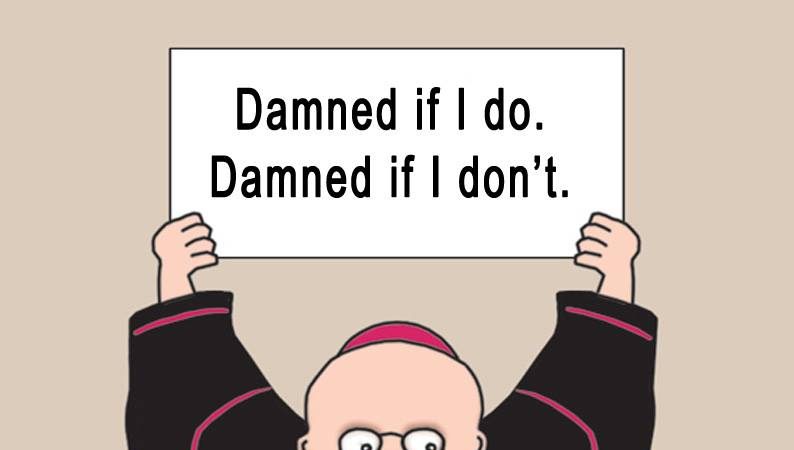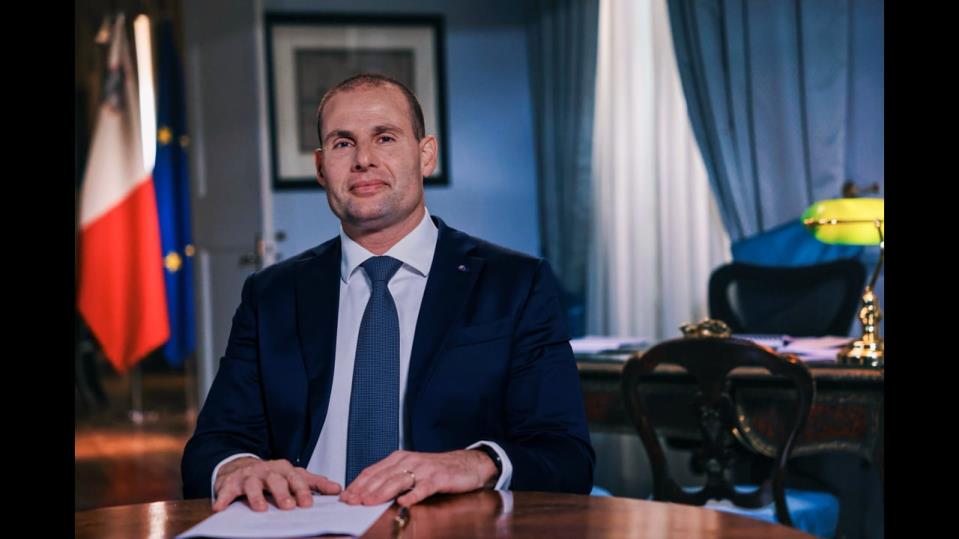Cartoon by Steve Bonello
The term “freedom of expression” is a broad and often misunderstood concept. It might be a human right but it is anything but universally upheld and protected.
International human rights law establishes the right of everyone to hold opinions without hindrance and to seek, receive and impart information and ideas of all kinds, through the medium chosen by the individual.
Generally, democracies seek to expand freedom of expression, especially in political speech, rather than to limit it, but this not always the case as we have witnessed over the years in Malta. This week we have seen attempts to intimidate and silence Archbishop Charles Scicluna after he retweeted an article published on The Shift News.
In democracies, freedom of expression is essential for citizens to participate in politics and public life and governments should not limit this right unnecessarily.
Interferences with the right to freedom of expression are only acceptable if they have a clear legal basis. But imposing restrictions on freedom of expression for political reasons takes us back to times when people risked their lives for speaking their mind out.
Last year, the United Nations (UN) Special Rapporteur on Freedom of Opinion and Expression together with the Organization for Security and Co-operation in Europe (OSCE) said they were “alarmed at instances in which public authorities denigrate, intimidate and threaten the media, including by stating that the media is ‘the opposition’ or is ‘lying’ and has a hidden political agenda, which increases the risk of threats and violence against journalists, undermines public trust and confidence in journalism as a public watchdog, and may mislead the public by blurring the lines between disinformation and media products containing independently verifiable facts.”
They added that the human right to impart information and ideas is not limited to “correct” statements and “the right also protects information and ideas that may shock, offend and disturb, and that prohibitions on disinformation may violate international human rights standards, while, at the same time, this does not justify the dissemination of knowingly or recklessly false statements by official or State actors.”
Freedom of expression includes freedom of speech and media, but also freedom of thought, conscience, cultural expression and intellectual inquiry.
People have a right to speak and write openly without state interference, including the right to criticise injustices, illegal activities, and incompetence of governments without fear of reprisal.
Freedom of expression includes the right to inform the public, to offer opinions, and to advocate change, including changing the government, without undue restriction.
It guarantees people the right to voice opinions which might defer from the accepted norm and while granting the majority and the minority equal rights to be heard it also gives the minority the opportunity to become the majority.
Most importantly, freedom of expression is the right to challenge any form of state tyranny by force of words and ideas.
Until the 20th century, formal censorship — not freedom of expression — was the rule in most countries. Autocratic governments often imprisoned critics, shut down newspapers, forced authors into exile, or censored written and artistic works, with the aim of silencing critics, limit debate, and maintain or expand their power.
Freedom of expression is a right enjoyed by many because people died in gulags and prisons for having the courage to test the limits of censorship.
As with all rights, freedom of expression is not absolute and various measures, which at times are challenged, are in place to for instance to curb hate speech and false and defamatory information. Yet it is a right that must be defended.












